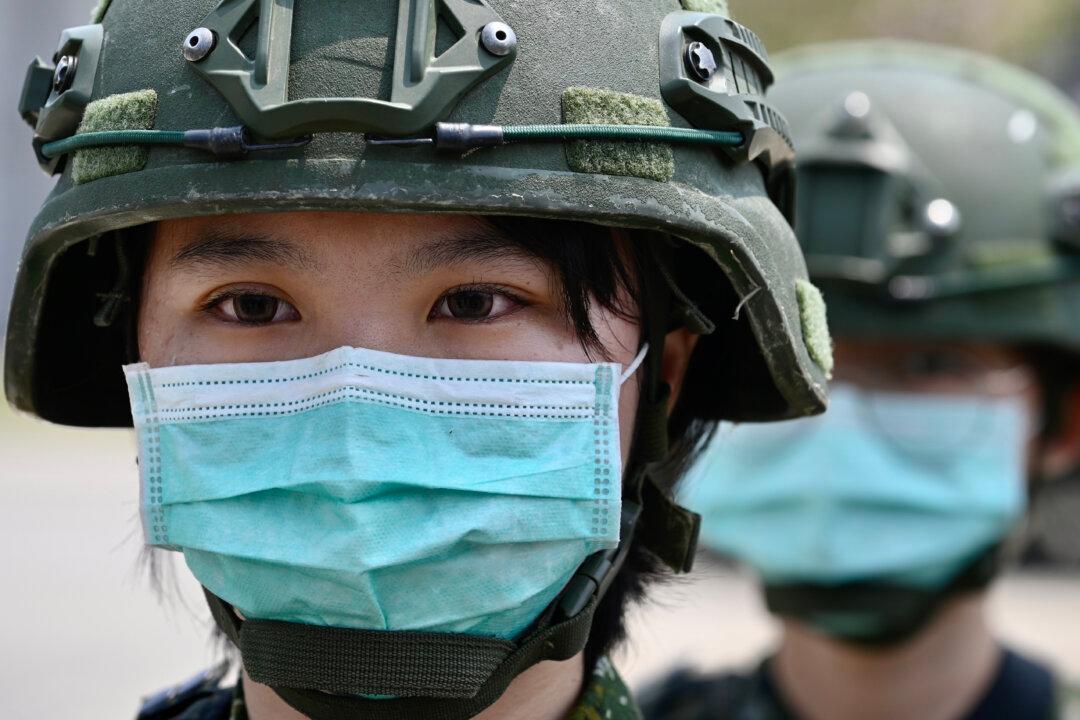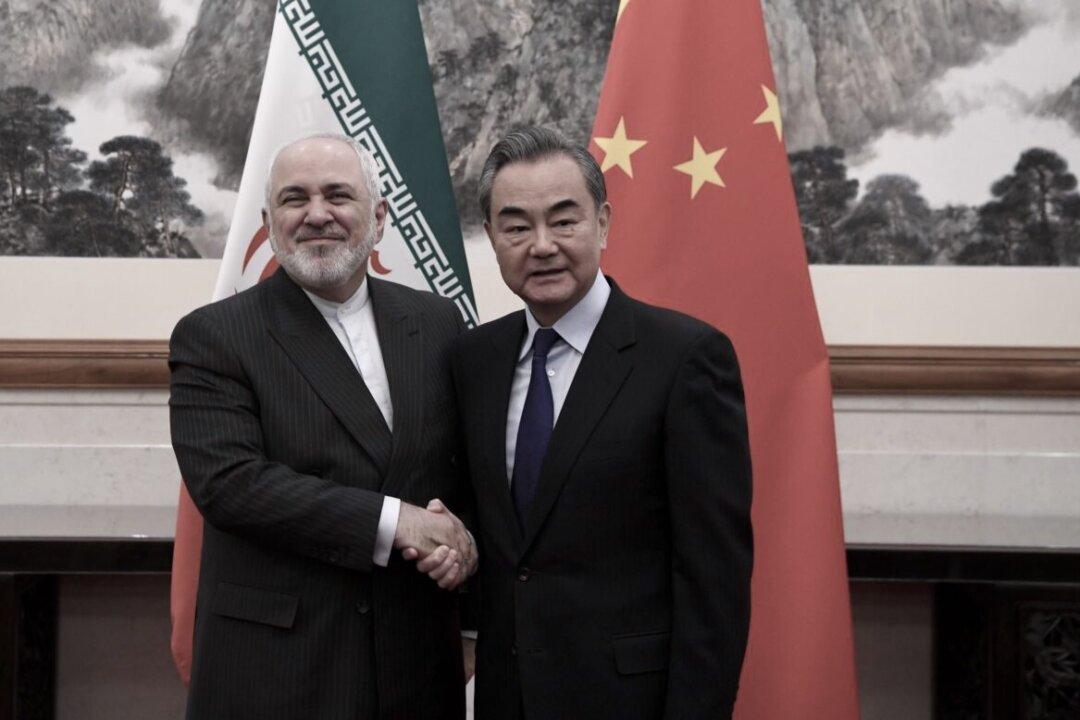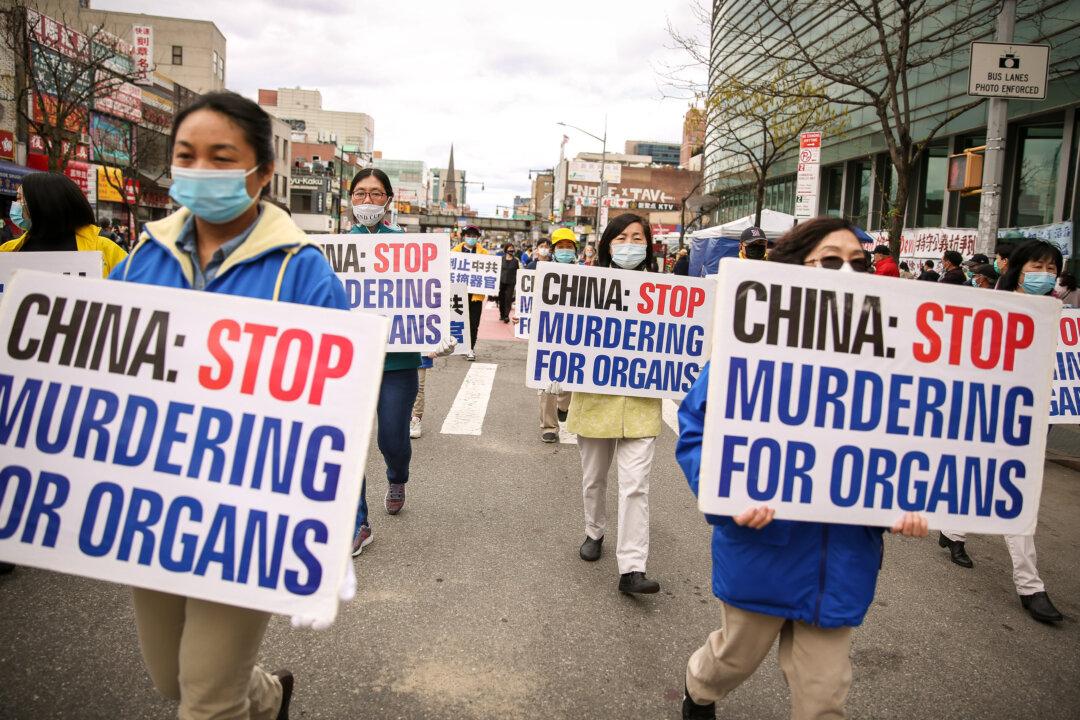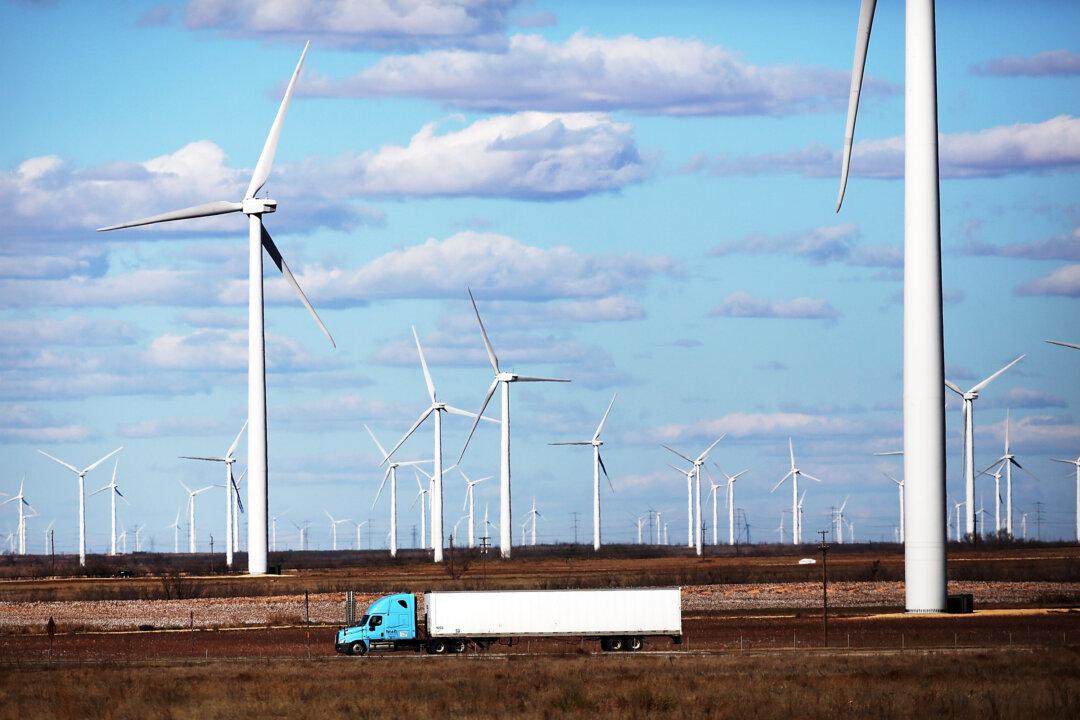The Taiwanese president warned people that the Chinese regime launched psychological warfare campaign against the independent island on the late night of April 15.
Taiwan’s President Tsai Ing-wen clarified in a Facebook message that the psychological warfare the Chinese regime launched against Taiwan has more forms that are harder to recognize and which aim at trying to tear apart Taiwanese society and ultimately destroy the island’s democracy and freedom.




